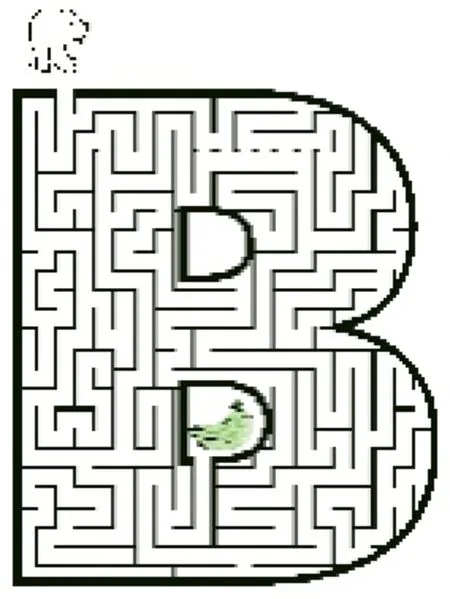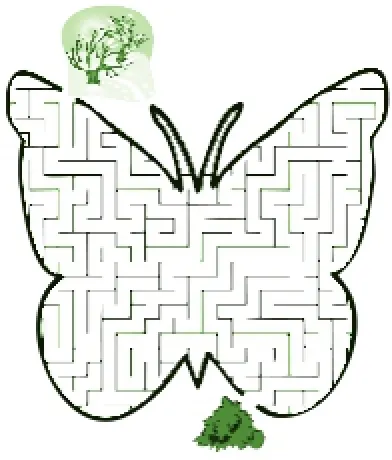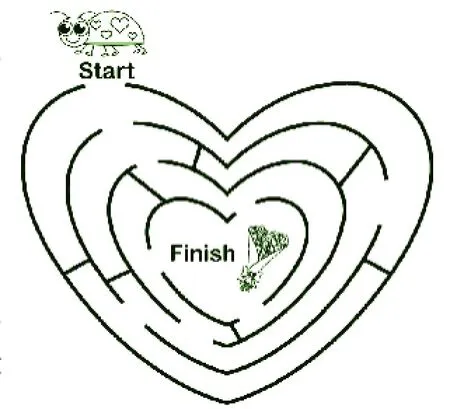Phrasal Verbs and Context
2017-04-08ByCatherineNeil
⊙ By Catherine & Neil
Phrasal Verbs and Context
从上下文判断动词词组的含义
⊙ By Catherine & Neil
Catherine: In this programme we’re looking at multi-word verbs like move in, move on, move out and get on, and we call these phrasal verbs. And prepositions like in, on, or out can completely change the meaning of phrasal verbs.
Neil: So we’ll be looking at these verbs in sentences to help us understand their meaning.
Catherine: Let’s start by listening to Robin. He’s having problems with his housemate, Pete. And here’s a question for you while you listen. Why is Robin unhappy with Pete?
Robin: Pete moved in three months ago. We got on well at first—we were friends—but now it’s terrible. He’s so messy! And he keeps disturbing me when I’m trying to get on with my college work. It’s really time for us to move on—we can’t be friends anymore. I’m going to ask him to move out and live somewhere else, but he gets on with my family—my brother really likes him—so it’ll be difficult.
Neil: OK. So we asked you: Why is Robin unhappy with Pete?
Catherine: It’s because Pete is messy and keeps disturbing him. What do you think of that, Neil?
Neil: Well, I’m not surprised then. They were friends at first. Here’s what Robin said:
We got on well at frst—we were friends…
Catherine: Right. So, here, get on means have a good relationship. And we can work out the meaning of get on by listening to what Robin said next. He said: “We were friends.”
Neil: What about Pete’s relationship with Robin’s family?
…but he gets on with my family—my brother really likes him…
Catherine: So Pete and Robin’s family also have a good relationship. And to add an object to the verb get on, we use the preposition with.
Neil: That’s right. We can say: “Pete and Robin’s family get on.” And we can also say: “Pete gets on with Robin’s family.”
Catherine: We can. Now listen to get on in this clip.
…and he keeps disturbing me when I’m trying to get on with my college work.

Neil: This time, get on with isn’t about a relationship.
Catherine: No, it isn’t. In this one, get on with means do, or continue doing, something.
Neil: But Robin can’t get on with it because Pete keeps disturbing him. Pete stops Robin finishing his work. And to understand what get on with means in each of these contexts, we have to pay attention to the words around each verb phrase.
Catherine: We do. So, get on with usually means have a good relationship when the sentence around it is talking about people.
Neil: Get on with is usually about finishing something if we’re talking about work, studies or a project.
Catherine: My brother and sister don’t get on, but I get on with both of them.
Neil: Oh, lucky you.
Catherine: I know.
Neil: And get on with when we’re talking about work.
Catherine: I’m getting on with my work, Neil.
Neil: Good! And we work out which meaning is which by listening to the context. Let’s get on with the programme and take a look at some phrasal verbs with move. Here’s a clip.

Pete moved in three months ago…It’s really time for us to move on…I’m going to ask him to move out and live somewhere else…
Catherine: So we had move in, move on and move out.
Neil: Move in means start to live in a place. If you want to say who you’re starting to live with, use with, like this:
Catherine: Pete moved in with Robin six months ago.
Neil: To say the place that someone started living, use into instead of in.
Catherine: Pete moved into Robin’s house six months ago.
Neil: Now, move out is the opposite. It’s when you stop
living somewhere and go to live somewhere new. So it describes a change.
Catherine: It does. And move on also describes a change, but not just about housing: move on has a sense of progressing to something different. So, Robin is going to end his friendship with Pete, Neil.
Neil: Well that is certainly a change.
Catherine: It is.
Neil: And now we must move on too: It’s quiz time! Number one. I’m getting on with my school project. Is getting on with here about a) a relationship or b) finishing something?
Catherine: And it’s b). It’s about finishing something—a school project. Number two. I’m not very happy with my job. I’ll have to a) move in, b) move out, or c) move on.
Neil: And it’s c) move on. It’s about changing to something new. OK, the last one. I’ve just found a new flat. I’m a) moving in or b) moving on next week.
Catherine: And it’s a) moving in. That’s what we say about starting to live somewhere.
Neil: And that is the end of the quiz.
Catherine: But before we go, here’s that top tip for learning vocabulary. When you see or hear a phrasal verb, pay close attention to all the words in the sentence. Write the sentence down if you can. That will help you learn and remember the meaning.
Neil: That’s a good tip.


附:人教版高中课本中的部分get词组
